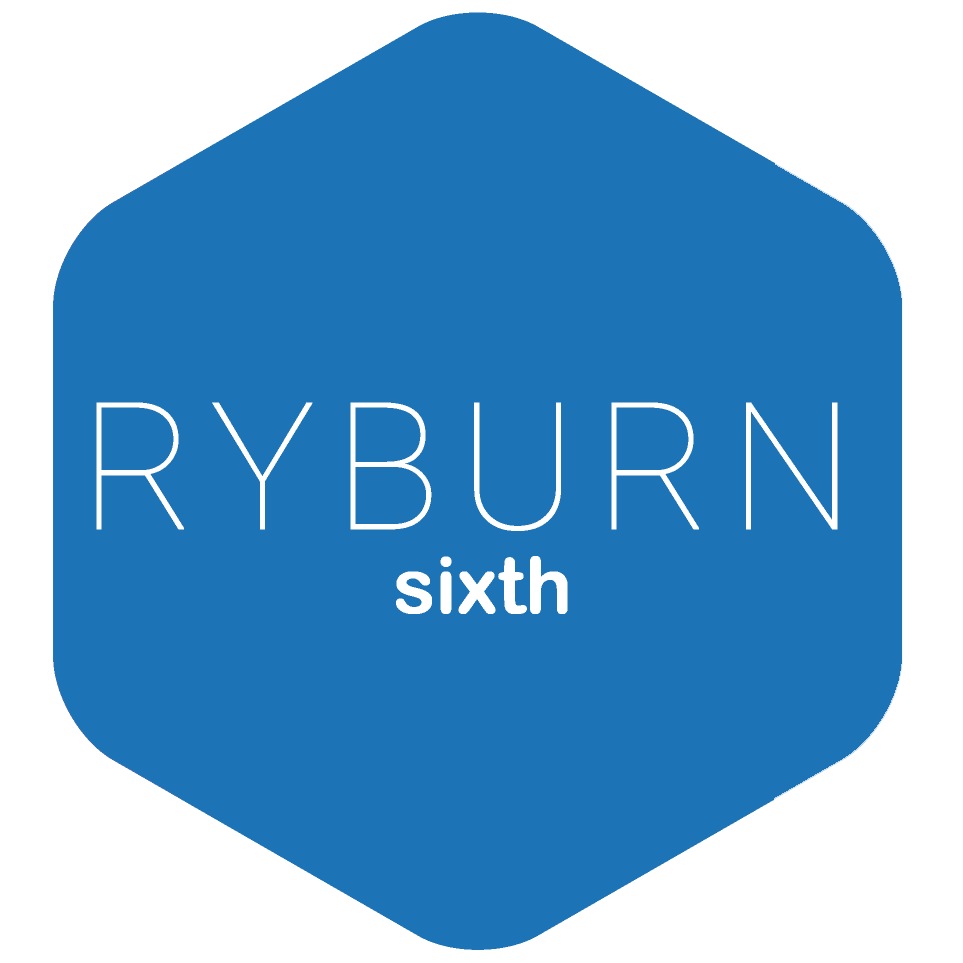Study BTEC Applied Science
At Ryburn Sixth
Choose Ryburn Sixth for BTEC Applied Science through the C6 Group, for a fresh take on the subject from a leading Science department. Science at Ryburn Sixth is going from strength to strength, with students achieving excellent grades. We’re very excited about launching this course enabling us to meet the needs of more students.
The course takes a vocational approach to an academic subject, which means it provides real world experience and ideas which are applicable to everyday life. It uses a combination of assessment styles to give students the confidence to apply their knowledge to succeed in the workplace and have the study skills to continue learning on higher education courses. 1 in 3 students starting university now have a BTEC qualification.
It is brilliant for those students who are looking to pursue further studies or careers in science related areas, such as forensic science, nursing, environmental science and engineering. It is also a great subject for those students who simply have a love of science and the world around them, and wish to combine it with arts/humanities subjects.
You will benefit from our Science departments’ excellent teachers, and the high levels of individual support which enable our students to excel.
What will I study?
Qualification: BTEC Level 3 Applied Science (Extended Certificate) Equivalent to one A level
Exam Board: Edexcel
Entry Requirements: minimum 5, 5 in Separate or Combined Science, 5 in Maths
You will study a number of units, with a mixture of exams and coursework, both practical and project based.
Topics covered:
- Principles and Applications of Science
- Practical Scientific Procedures and Techniques
- Science Investigation Skills
- Biology: cell structure and function
- Chemistry: Structure and bonding, production and uses of substances in relation to properties
- Physics: waves and communication
The internally assessed units are both practical and project based, and include specialist techniques such as colorimetry, titration, calorimetry and chromatography. This will involve university visits to see specialised laboratory equipment.
As with Science A levels, the course offers the opportunity to develop skills in areas of using specialist equipment, handling hazardous materials and substances, risk assessment and high level scientific research. However, as a vocational qualification, it also allows students to develop skills such as using and producing their own risk assessments, standard operating procedures, good laboratory practice and good manufacturing practice which provide invaluable experience desired by future employers.
See also:
Ready to take your
next steps?


